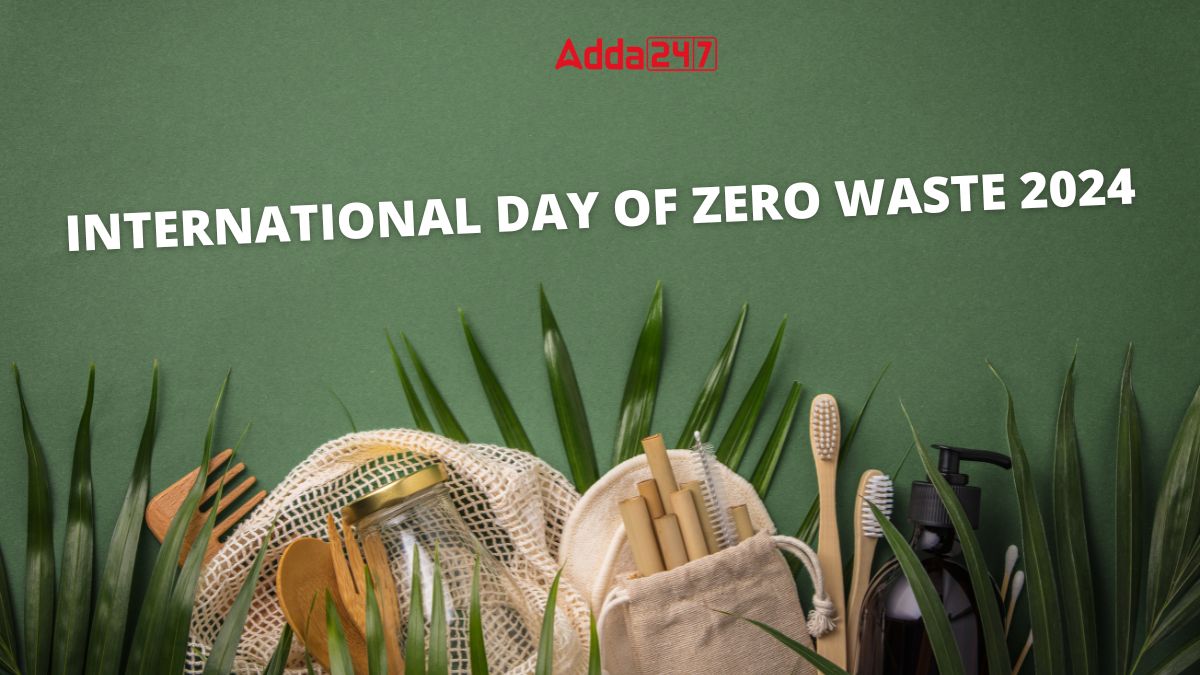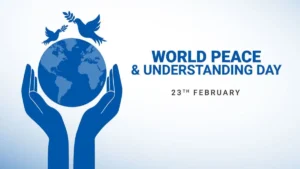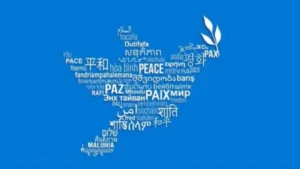On December 14, 2022, the United Nations General Assembly passed a resolution to have an International Day of Zero Waste celebrated every year on March 30th. This day aims to raise awareness about reducing waste and promoting zero-waste initiatives to achieve sustainable development.
Why is Zero Waste Important?
Reducing waste is crucial for achieving the UN Sustainable Development Goals, especially:
- Goal 11: Making cities and communities sustainable
- Goal 12: Ensuring sustainable consumption and production patterns
Currently, the average European produces 5 tons of waste annually, with only 38% being recycled. Some countries still send over 60% of household waste to landfills. This situation is even worse in other parts of the world.
The most important message is that the best waste is the waste that is not created. The top priority should be preventing waste from being produced in the first place.
The European Union’s Efforts
The European Union (EU) is committed to reducing waste generation through various initiatives:
- European Green Deal and Circular Economy Action Plan: Putting the EU economy on a circular path.
- Waste Prevention Programmes: Member States must have programs dedicated to waste prevention since 2013.
- Single Use Plastics Directive (2019): Reducing the impact of certain single-use plastic products on the environment, especially marine environments.
- Proposed revision of Waste Framework Directive (July 2023): Setting targets to reduce food waste by 10% in processing and manufacturing, and by 30% in retail and consumption by 2030.
- New rules on packaging and packaging waste: Reducing packaging waste and promoting reusable packaging solutions.
- New rules on waste shipments: Ensuring waste exported outside the EU is treated sustainably, with a focus on plastic waste.
Global Efforts and Partnerships
The EU is also actively involved in international cooperation and development efforts related to waste reduction and the circular economy:
- International Plastics Treaty: The EU is committed to completing negotiations on a global treaty to stop plastic pollution by the end of 2023.
- Global Gateway initiative ‘SWITCH to Green’: Supporting partner countries in transitioning to sustainable consumption and production.
- Global Alliance on Circular Economy and Resource Efficiency (GACERE): Fostering international collaboration to address plastic pollution, including in marine environments.
- Partnership with UNODC: Promoting cooperation and partnership building in Southeast Asia to address environmental crimes and waste trafficking.
Reducing waste generation and improving its management requires the engagement of international organizations, governments, local authorities, businesses, civil society, NGOs, and citizens alike. Learning from each other is crucial for success.




 World Peace and Understanding Day 2026: ...
World Peace and Understanding Day 2026: ...
 International Mother Language Day 2026: ...
International Mother Language Day 2026: ...
 Arunachal Pradesh Foundation Day 2026: P...
Arunachal Pradesh Foundation Day 2026: P...








